Why We Need An Intersectional, Anti-Racist Zero Waste Movement
Eco Activism
November 16, 2020 | Guest Post
Last Updated on January 21, 2024
The zero waste movement is built around the idea that personal actions, done by many people, can truly make a difference.
The movement calls for all communities to protect the planet by creating a rich culture of inclusion where everyone is united by love for the planet instead of divided by identity.
But is that actually what we’re seeing?
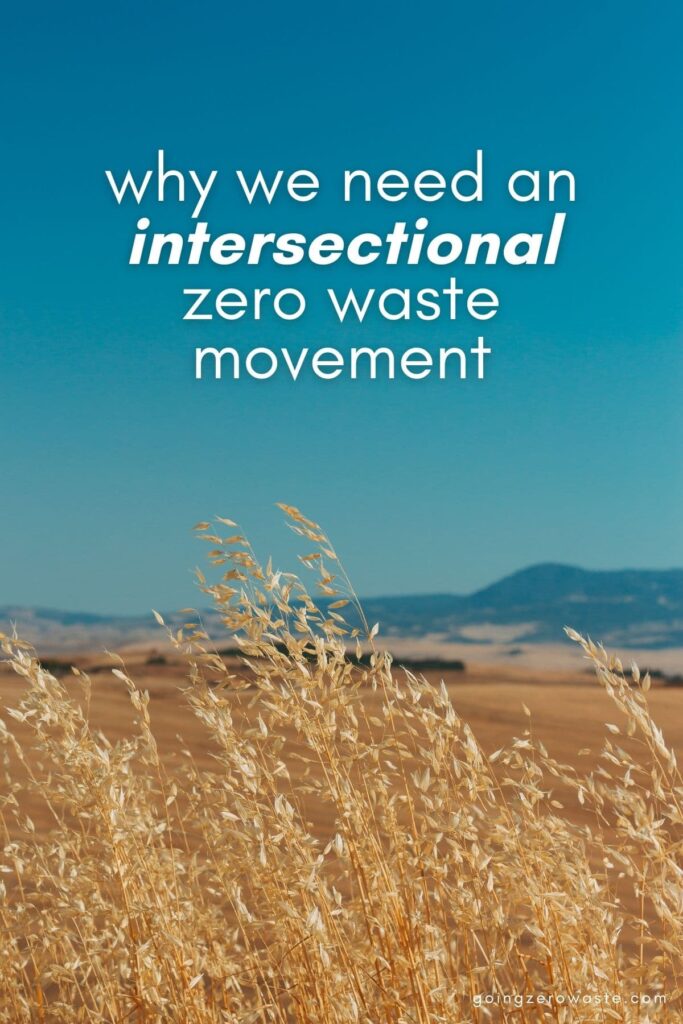
When you take a scroll through the zero waste community on Instagram or YouTube, a pattern emerges beautiful content, helpful tips, and a lot of white women.
Most sustainability influencers are straight, cis, thin, white, abled, neurotypical, middle- or upper-class Christian women. But should we be surprised considering the long history of racism in environmentalism?
People of color have been left out of environmental conversations and oppressed by environmentalists’ actions for too long. (source, source)
To give just a few examples:
- Early American environmentalists stealing Indigenous land to use for national parks (source)
- The environmental establishment turning a blind eye to BIPOC (source)
- The disproportionate pollution and destruction that communities of color face (source, source)
Racism has infected environmentalism, and it definitely has reached into the zero waste movement.
To be clear, this lack of diverse representation doesn’t mean that white women are the only ones who care about sustainability – far from it. It’s simply that the organized, well-known representatives of zero waste are mostly white women.
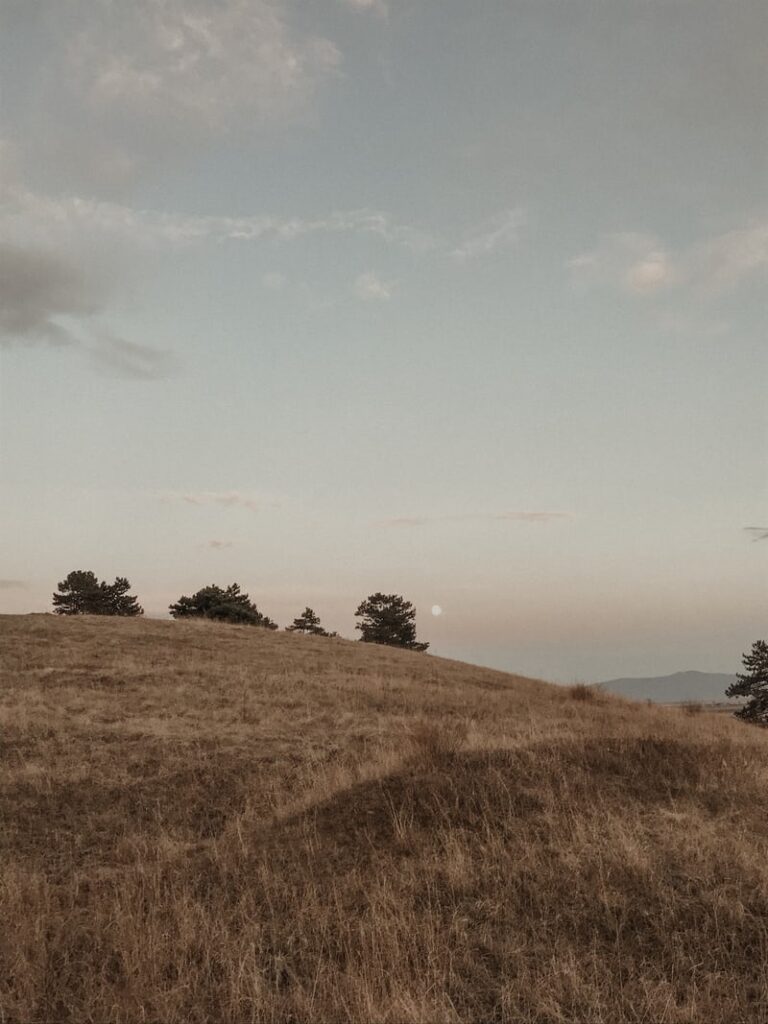
That must change, and we all have the power to help.
Tatyana Sapp, a content creator who advocates for mindful, sustainable living, shared her experience.
“I believe representation is vital. Growing up as a WOC [woman of color] we are used to seeing faces within the media that don’t look like us…It’s important to show the youth…that there’s a range of sustainability advocates that look like them.”
Since there is so little diversity amongst zero waste influencers, the movement falls prey to racism over and over again.
Sustainable Brooklyn, an organization committed to creating a more inclusive sustainability movement, writes, “The current landscape of sustainability omits the voices and values of Black Indigenous People of Color (BIPOC), perpetuates appropriation, and thrives from a colonial framework.”
It almost never honors how Indigenous people have incorporated sustainability into their day-to-day lives for thousands of years. Or even just how many Indigenous cultures are built around a deep love and respect for the earth.
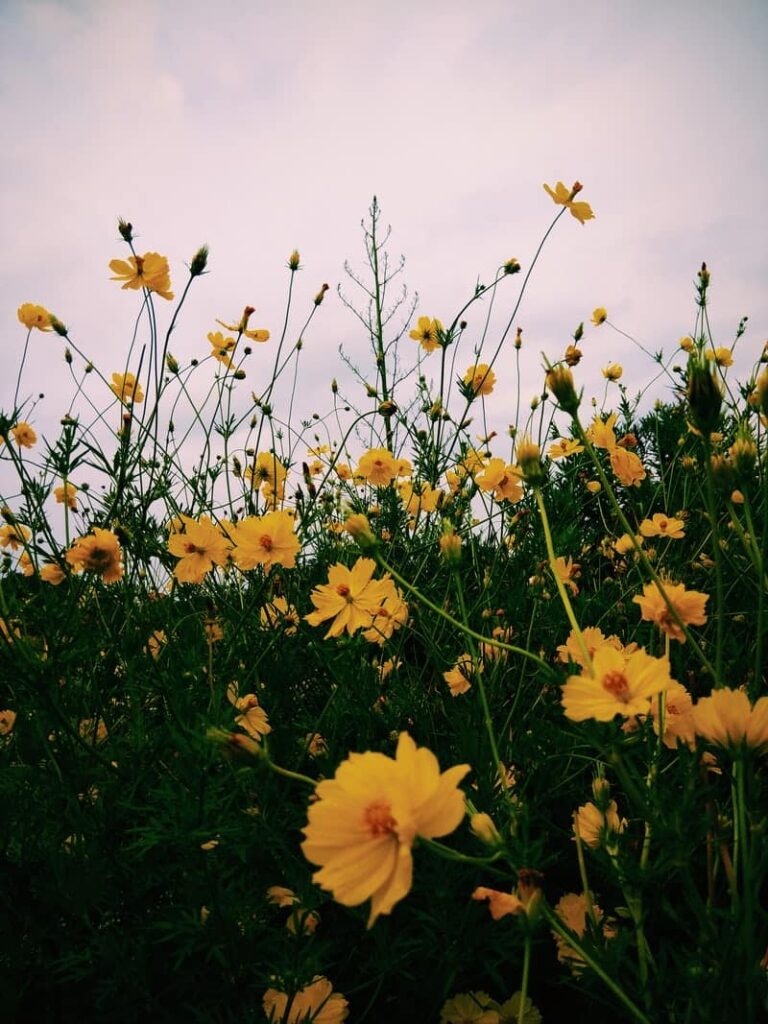
Many of the habits we preach were actually created by Black people, Indigenous people, people of color, and poor people.
Among many examples, many African, Afro-Caribbean, Middle Eastern, South Asian, and Indigenous societies ate a healthy plant-based diet before colonialism (source). Yet those marginalized groups never receive credit for their ideas.
The zero waste movement also glosses over intersectional environmentalism. Leah Thomas, an inclusive sustainability advocate, defines it as “an inclusive version of environmentalism that…advocates for justice for people + the planet.”
When someone explains the consequences of plastic pollution, you almost never hear about how most plastic ends up in developing countries like Bangladesh, Laos, Ethiopia, Vietnam, and Ecuador (source).
When an influencer breaks down fast fashion, most people don’t mention how poor women are the primary workers in these sweatshops, where they often face sexual harassment.
The narrative often excludes how other groups of people are directly affected by the climate crisis.
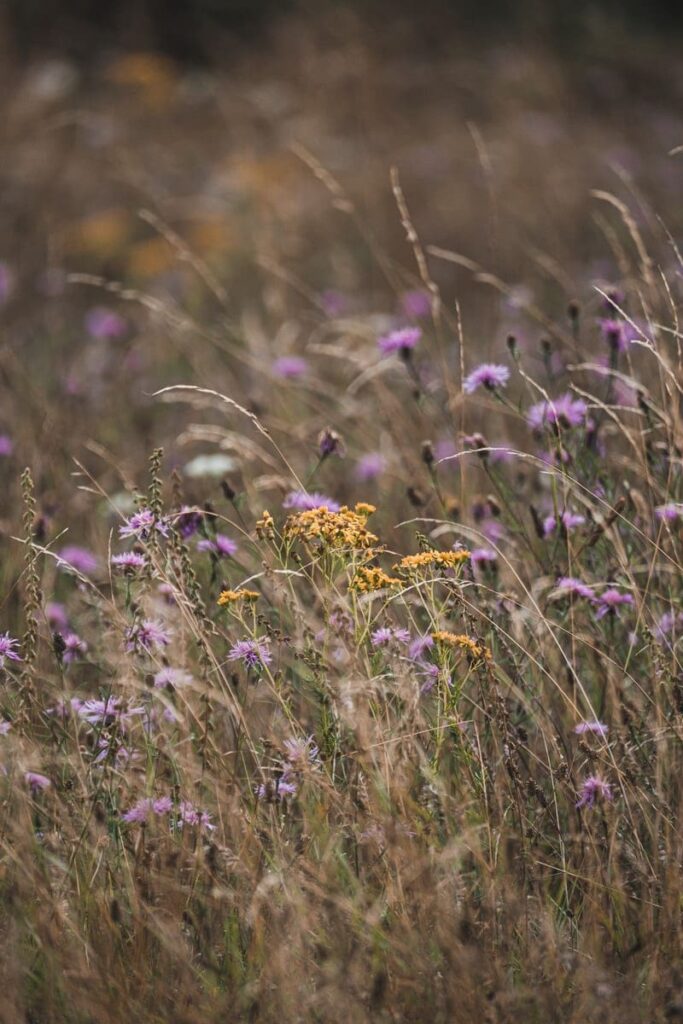
Another consequence is that the needs of BIPOC people are often overlooked. It’s close to impossible to find eco-friendly makeup for darker skin tones or low waste haircare for curly and kinky textures.
In Tatyana’s words, “I would like to see more support for POC businesses, advertising, and creators within sustainable brands.”
One of the key solutions to all this is to uplift marginalized creators. But the zero waste movement even makes it hard for them to build a following.
Brands often avoid working with BIPOC creators, while happily collaborating with white influencers.
“It’s…discouraging to hear other black female creators complain about the lack of equal pay opportunities. Though I share sustainable information, currently without pay, I would love to see that those who’ve made a business out of sustainable content creating are being paid fair wages for their work,” Tatyana added.
Diversity isn’t just important for its own sake – it also has practical benefits. When we need as many people as possible to live sustainably, why in the world would the zero waste movement want to shut someone out?
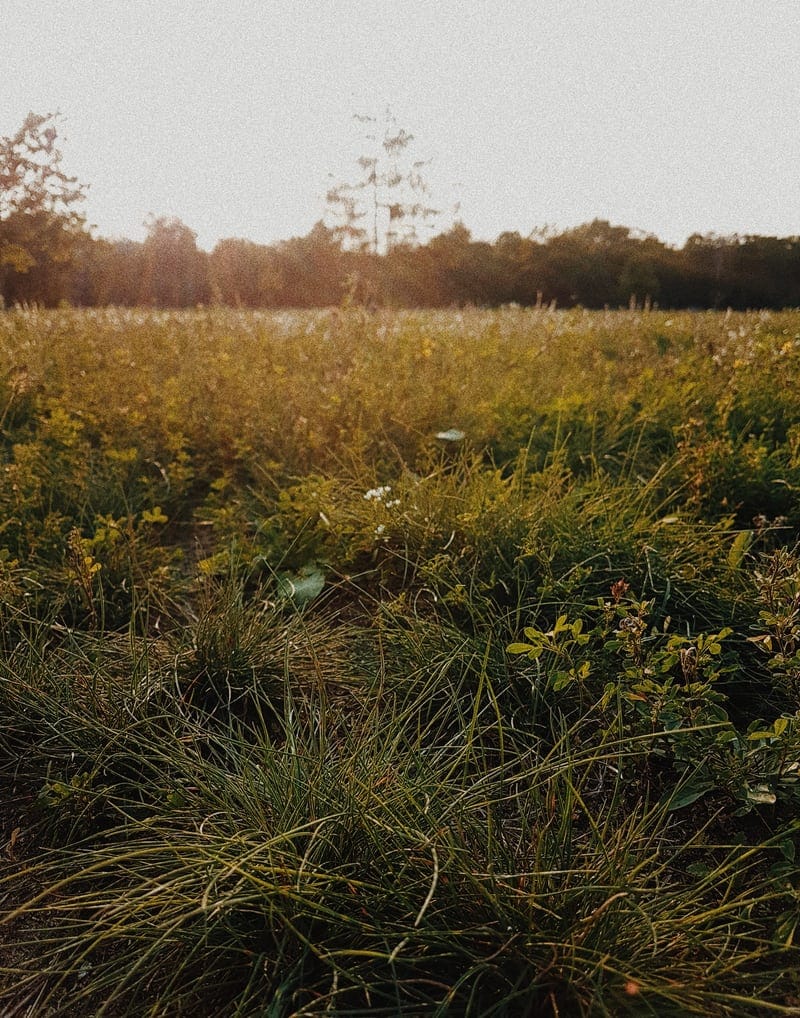
Imagine what kind of an impact a vibrant sustainability community, strengthened by diversity and inclusion, could have instead.
To build that intersectional and anti-racist movement, the zero waste community must take active, concrete steps.
That means you! Actively support creators of color, buy from sustainable BIPOC-owned businesses whenever possible, and educate yourself about intersectional environmentalism.
Each person, brand, and community must always consider others’ needs. Next time an influencer makes a claim such as “You don’t need to use conditioner! It’s just extra waste!”, there should be more awareness about other types of hair that do actually need conditioner, or if a blog compiles a list of vegan creators, they could include BIPOC creating recipes specific to their heritages.
Everyone can start right now.
BIPOC sustainability creators to follow:
- Leah Thomas
- Dominique Drakeford
- Aja Barber
- Mikaela Loach
- Addie Fisher
- Isaias Hernandez
- Ashley Renne
- Kristy Drutman
- Cat Chiang
- Benita Robledo
- Jazmine Rogers
- Zahra Biabani
- Marie Beecham
- Kamea Chayne
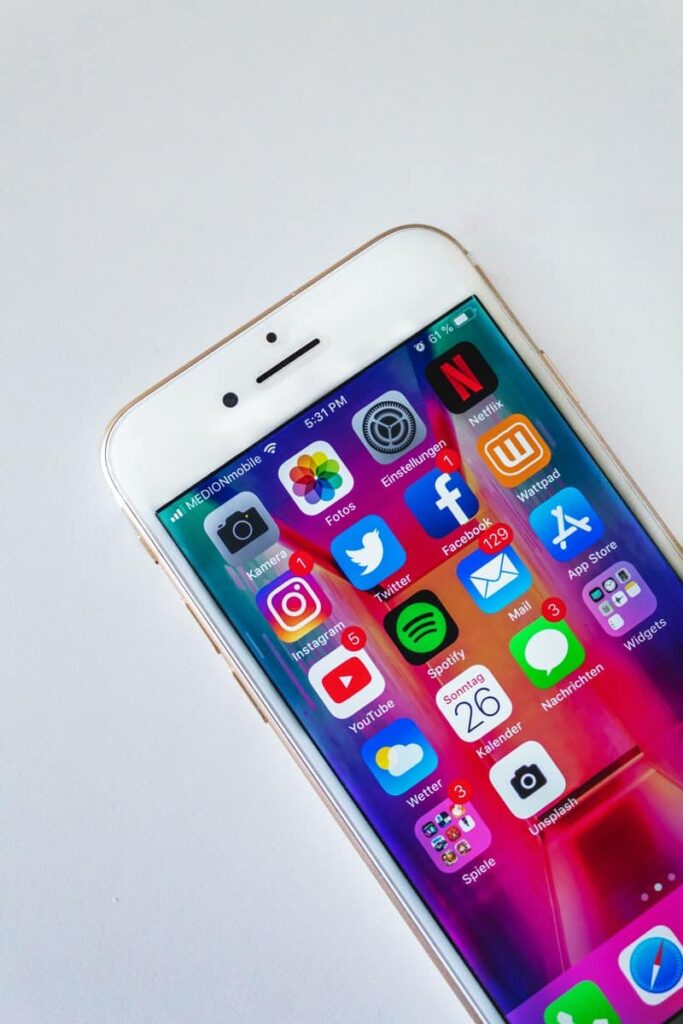
incredible zero-waste business owned by BIPOC:
- Diaspora Co.
- Pur
- Proclaim
- Wasi Clothing
- Galerie.LA
- Omi Woods Jewelry
- Hanahana Beauty
- Batiqua
- Eu’Genia Shea
- Blk + Grn
educational resources:
- Intersectional Environmentalist
- Racism and the Modern Environmental Movement
- How To Be An Intersectional Environmentalist
- Green Girl Leah
- Environmental Equity 101
- Indigenous Environmental Network
- Black Environmentalists Talk About Climate and Anti-Racism
- Environmental Justice and White Supremacy
- Zero Waste Systems are Connected to Environmental Racism
Remember that ideal of unity through environmentalism? Well, it’s more than possible. It’s something this movement can make happen!
Tatyana is mortgage assistant, crochet business owner, and content creator who is passionate about creating a sustainable lifestyle and sharing her journey. She’s an advocate for mental health and the awareness of self love & mindfulness practices after being diagnosed with anxiety and depression at 22. She works to live under the motto: “help the earth, help the people around you, and help yourself”.
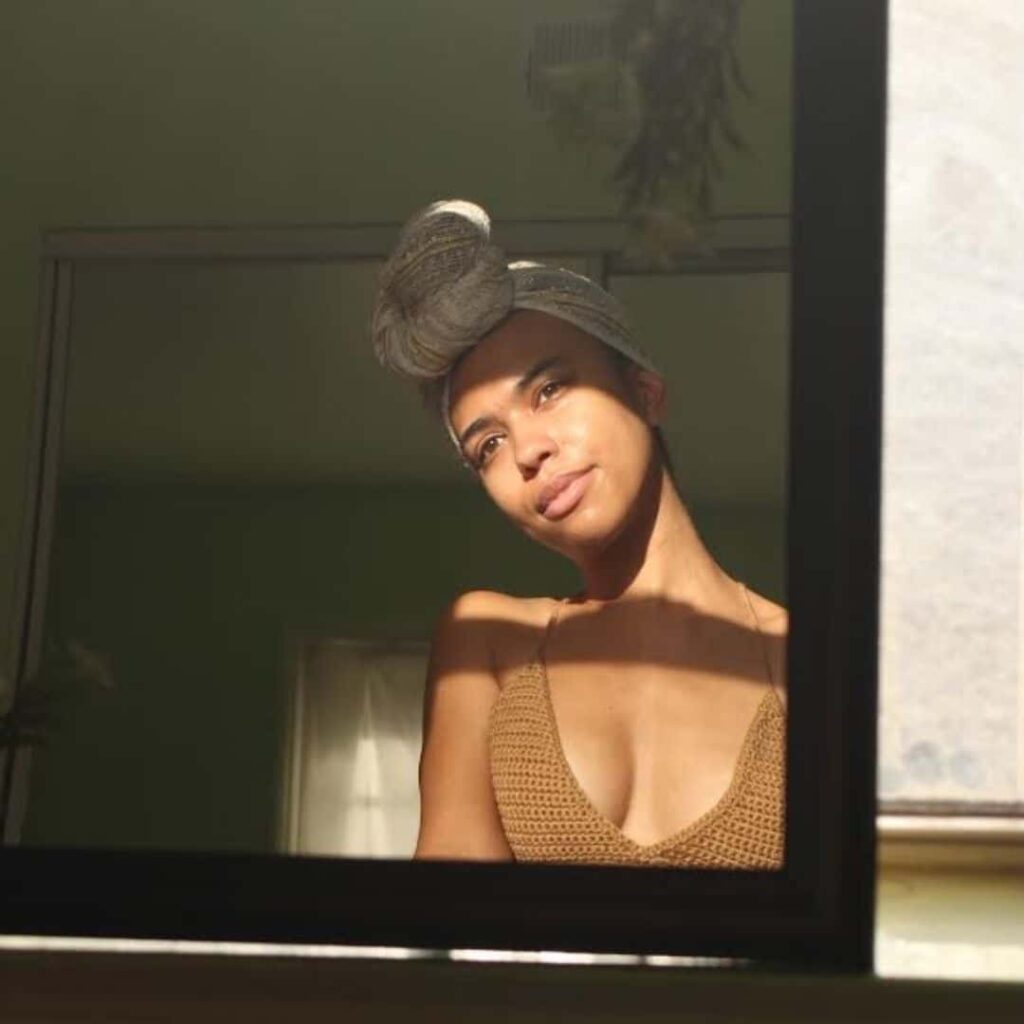

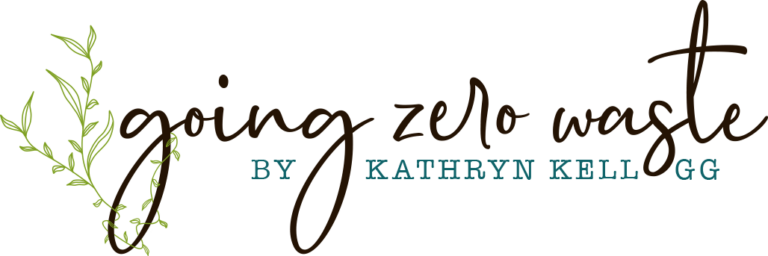
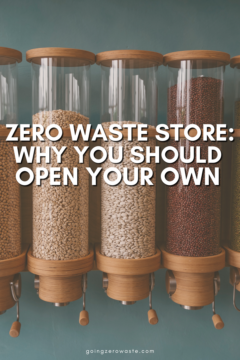
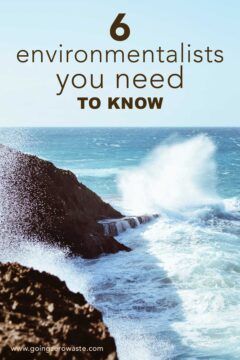
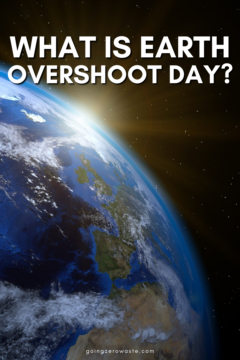
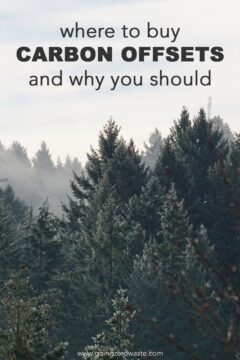
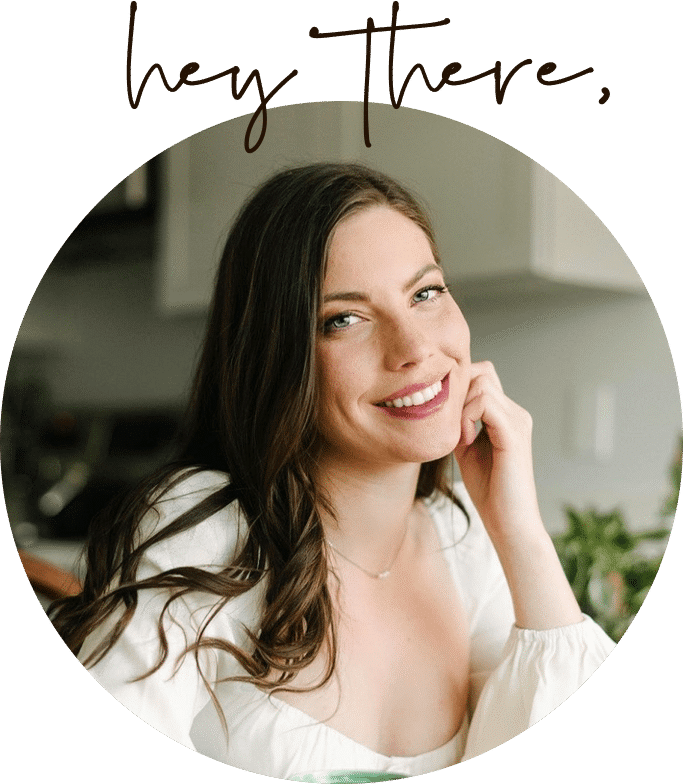

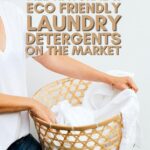

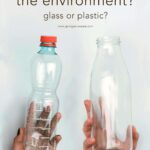
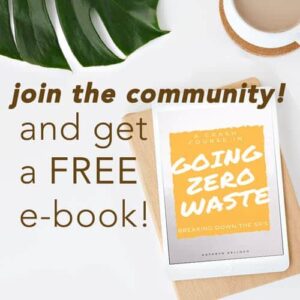

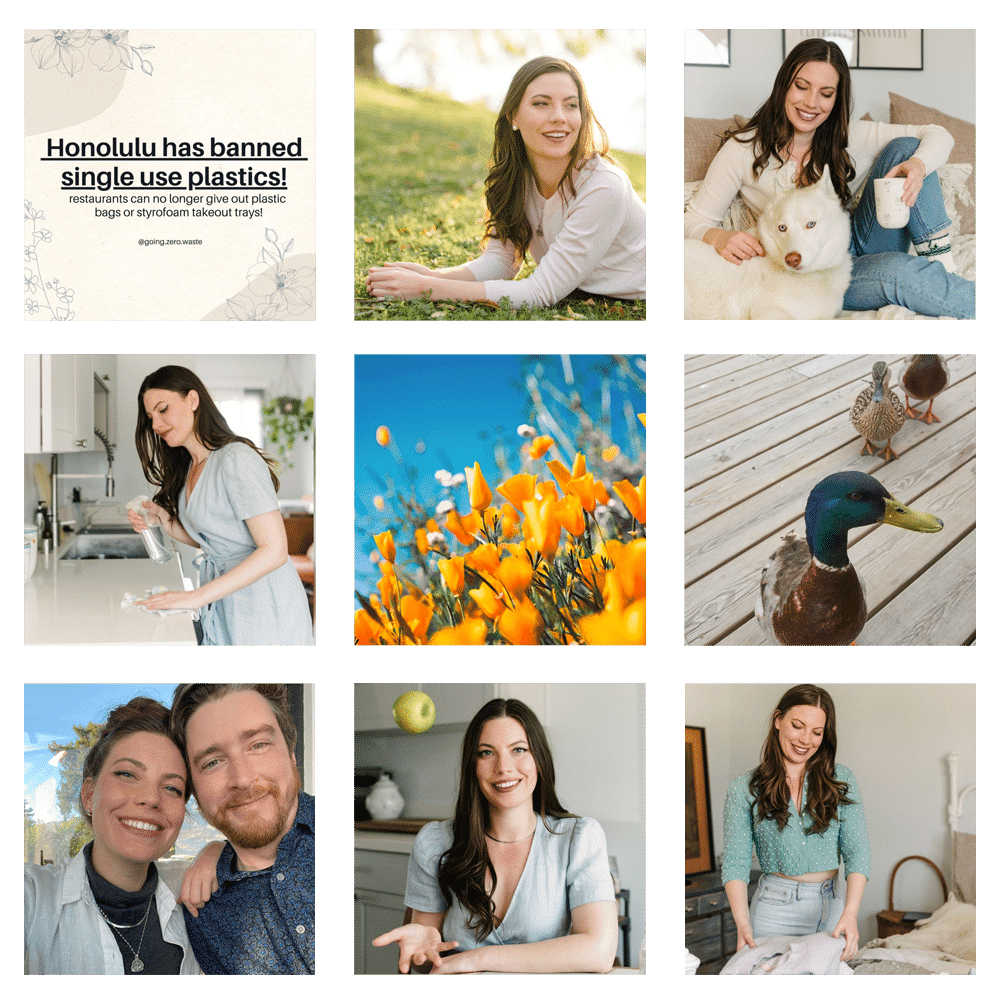
Miriam,
Thank you for creating this educational article. I found it helpful to expand my awareness of the inter-connectivity of environmental and social issues. As a white male who is educated myself around these issues, I would love for you to further expand on how supporting marginalized creators will help to overcome these issues. Thank you. Keep up the good work!
Great post, thanks!
We can only be as successful as we are inclusive with all peoples. By taking others with us or being taken by them on this journey.